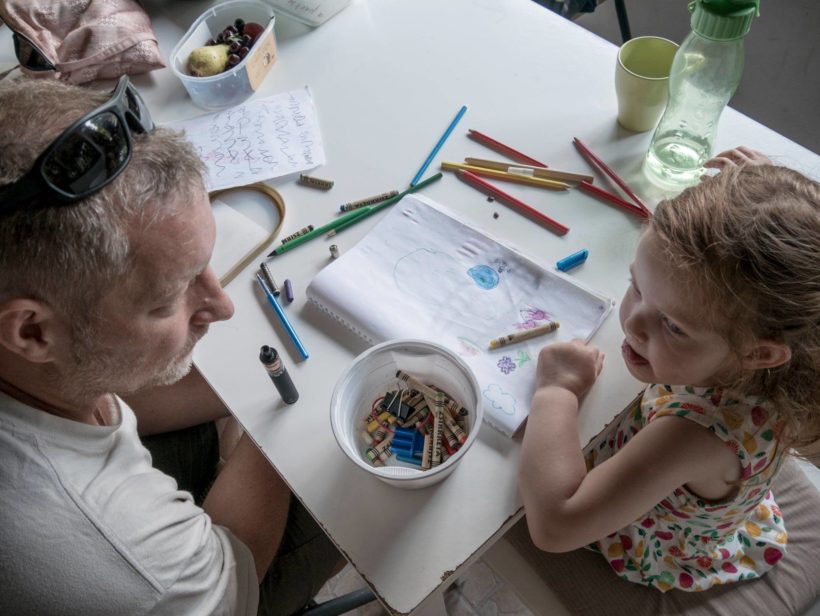“To govern is to educate” was the motto of the government of Chilean President Pedro Aguirre Cerda. More than 80 years have passed and that phrase and its programmatic content have become part of our history. Children and young people were at the centre of politics at that time, and they looked beyond immediate interests, placing a high value on the future of the new generations. The country’s project was education.
If we were to update Aguirre Cerda’s government motto to our reality of 2021, we dare to propose “To govern is to connect”, because today knowledge is available at a “click” of distance and time and the challenge for schools should be how to develop individual and collective capacities, to access new knowledge, to discover and to learn.
The speech given by President Pedro Aguirre Cerda on 21 May 1939 begins as follows: “To govern is to educate, and under this firm concept I will make use of all the strength that the State can muster to awaken the constructive spirit of organisation and perseverance that the national community needs so much, and to rectify the neglect in which public education has developed, leaving us with a considerable percentage of illiterates at a time when adults are involved in trade unions, associations and other multiple activities that require culture and patriotic understanding”.
There is agreement that the roots of inequality in Chilean society lie in the fact that it makes no difference where you are born or which school, high school or college you attend. It is also added that it takes a whole generation for changes in education to take effect. This statement may be true in the old education system, but it is not effective in the new conditions. The time can be shortened and for this it is necessary to “harness all the power that the state has at its disposal” in order to network every school, every home and every person, so that together and individually they can experience the beautiful adventure of discovery and learning.
In order for children and young people to channel their curiosity to seek answers to their questions and develop a passion for research and learning, education must provide unstructured spaces in which creativity is encouraged. Games are uniquely suited to this purpose, especially when they involve students and teachers without the pressure and competition for grades.
In Japan, people go to school to become better people. In elementary school, there are no exams for passing grades and everyone passes. The report to parents does not contain grades, but a qualitative assessment of performance and behaviour, as well as other background information. It is a report that allows teachers to talk to parents and parents, in turn, to their children.
Today, a few days after the first round of presidential elections and the elections for Congress and Regional Councils, children and young people are still absent from the national political debate. Let us refocus our attention on them by saying forcefully that, in the 21st century, to govern is to connect.












